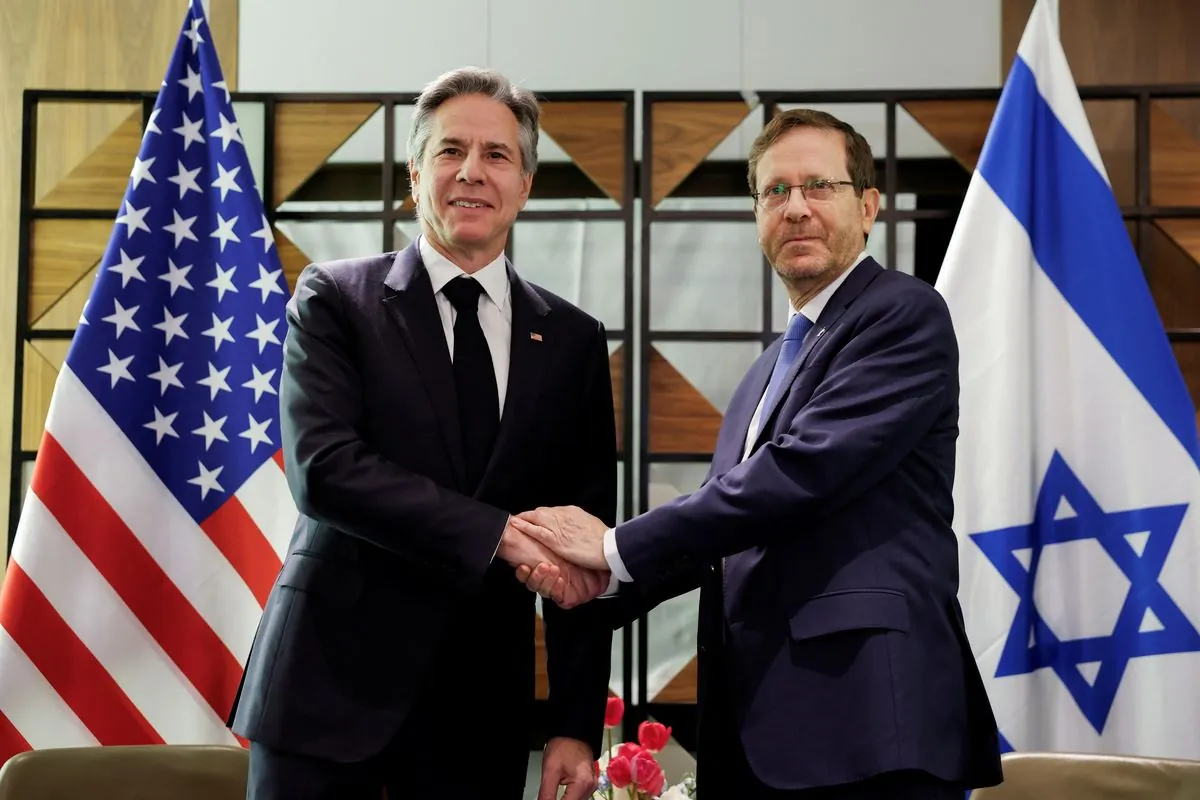Labour's Stance on Israel: A Critical Analysis of Recent Actions
Examination of Labour Party's policies towards Israel, including funding decisions and diplomatic moves. The article argues for stronger support of Israel amidst ongoing security challenges.

In a somber gathering in Jerusalem, mourners recently paid tribute to Hersh Goldberg-Polin, a 23-year-old hostage tragically killed by Hamas. This event, occurring approximately 11 months after the October 7, 2023 attacks, underscores the ongoing conflict and its human toll.
"My sweet boy, we tried so desperately to save you."
Israel's military efforts against Hamas have shown progress, yet the nation faces significant challenges in the realm of public relations. The country contends with militant misinformation and anti-Semitism, often finding itself portrayed as an oppressor despite its defensive stance.
The Labour Party's approach to Israel over the past year has been a subject of criticism. Under Keir Starmer's leadership, the party has been accused of taking a weak stance, potentially appeasing extremist elements within its ranks. This criticism is based on several key decisions:
Restoration of funding to the United Nations Relief and Works Agency (UNRWA), despite concerns about anti-Semitism in UNRWA-run schools and alleged complicity of some workers in the October 7 attacks.
Abandonment of plans to challenge the International Criminal Court's application for arrest warrants for Israeli ministers.
Suspension of certain arms export licenses to Israel, a move viewed as potentially damaging to bilateral relations.

These actions have raised concerns about Labour's commitment to supporting Israel, a crucial ally in intelligence and security matters. The potential recognition of Palestine as a state, a Labour manifesto commitment, is viewed with apprehension by some observers. Critics argue that such recognition, if premature, could be seen as a victory for extremist elements.
The ideal of a two-state solution, while widely supported, faces significant obstacles. These include the need to address Islamist extremism, neutralize Iranian aggression, and establish a viable, democratic Palestinian administration. Achieving these preconditions remains a distant prospect.
During a recent visit to Israel's northern border, the author observed the impact of the conflict on communities like Kiryat Shmona, now largely deserted due to the threat of Hezbollah rockets. Meetings with displaced families and soldiers stationed near the Blue Line highlighted the multifaceted security challenges Israel faces.
As Israel continues its struggle for security on multiple fronts, the call for unwavering support from allies like the UK grows stronger. The complex geopolitical situation demands careful consideration and steadfast commitment to ensure regional stability and protect civilian lives.


































